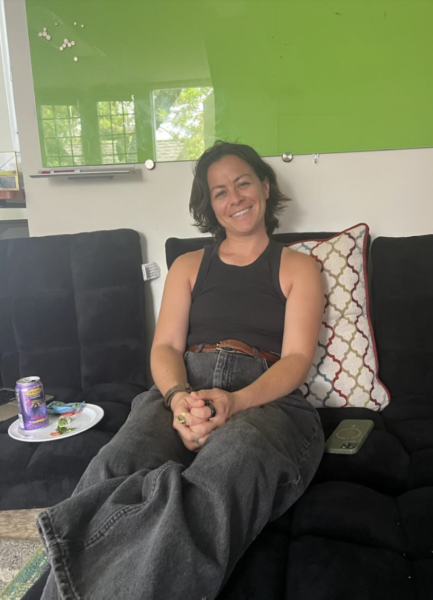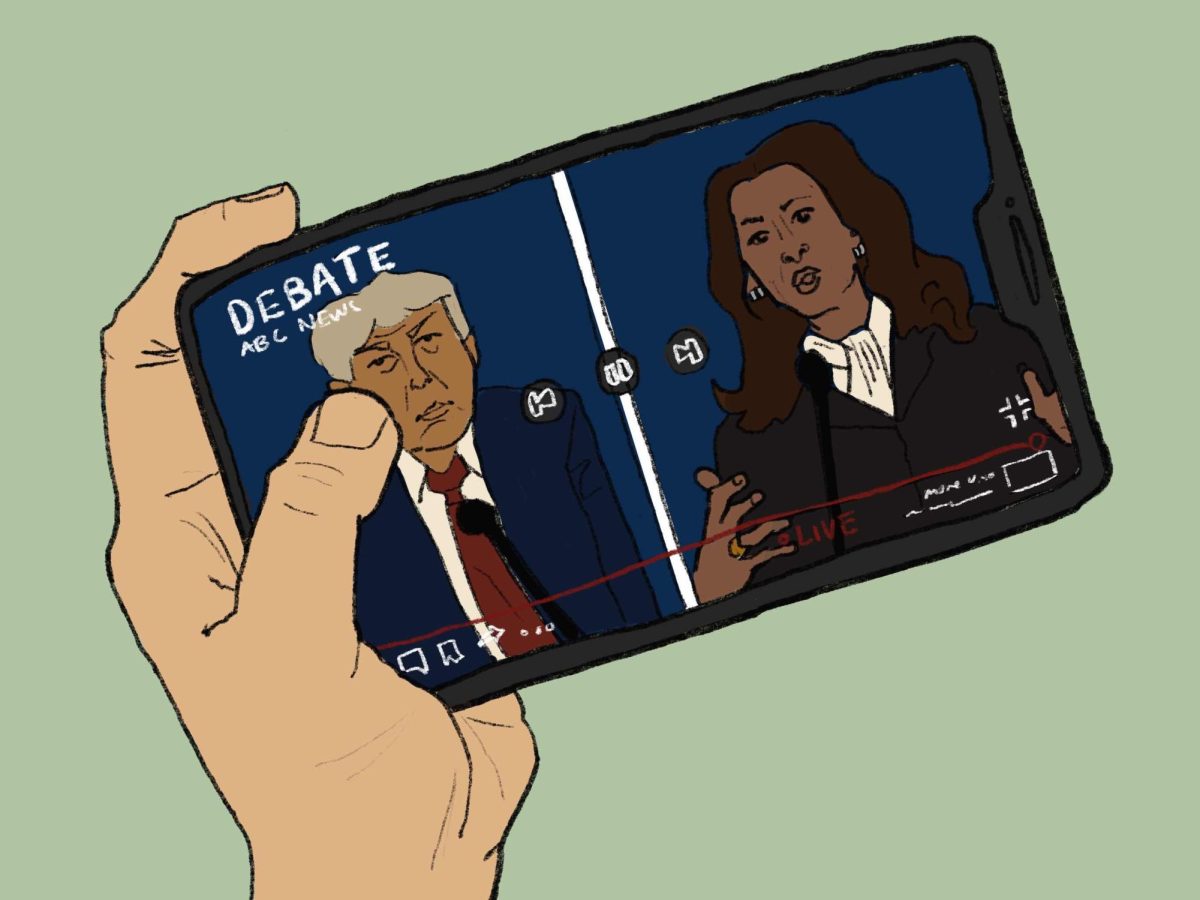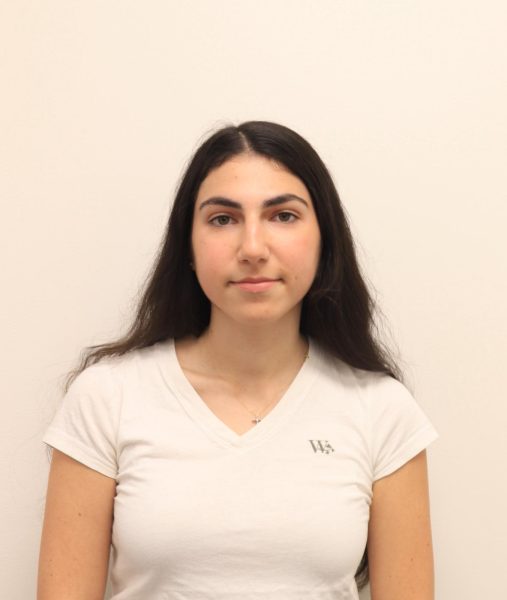The 2024 United States presidential election is set to make history—regardless of the outcome. Current Vice President and Presidential Candidate Kamala Harris, a woman of color, may become the country’s first female president. And former President Donald Trump may become the first American president ever indicted on criminal charges. Despite the importance of this election, not many seem to be talking about it inside or outside of classes.
Junior Katie M., a student in We the People: The Search for Freedom in the United States, noted that the election has not been explored or touched upon heavily in class.
However, the class Modern Middle East, taught by Upper School History Teacher Ms. Sandy de Grijs, has provided some opportunities for students to discuss the election. Ms. de Grijs even assigned watching the presidential debate, which took place on September 10, 2024, as homework for her Modern Middle East students. Students discussed the debate during the next class.
Discussing her decision to assign watching the debate as homework, Ms. de Grijs said, “It was kind of an impromptu decision. The kids had other homework. I’m like, ‘Wait, let’s do this instead and watch the debate and see what the discussion is.’” She said that since class discussions often relate to foreign policy, watching the presidential debate would be relevant to class discussions.
In Human Development, time has not yet been set aside in class to discuss the election. “[The election] is not coming up anywhere directly in the curriculum…We’re not having organized chats about it,” Ms. Emily Mukai, Human Development Coordinator, said. She, however, mentioned that she has heard some of her students bring up the election in class briefly. “I’ve heard it talked a little bit about in my 8th grade class, ironically of all classes,” she said.
However, closer to or after the election, Ms. Mukai plans on dedicating some class time for students to share their feelings surrounding the election. “I think what will probably happen is the week after the election, maybe the rotation leading up to the election, [we] will have a little bit of extra space [to talk about the election],” she said.

“It will probably be just kind of ‘Here’s an open space. If there are feelings coming up, let’s use this open space to give those feelings some space’…It’s less about the politics of it and more about the humanness of it and being able to navigate difficult conversations and difficult feelings,” she continued.
Some students believe that having more discussions about the election in class could be beneficial. Sage K. ’26 thinks that her peers are generally well-informed about the election and its key political issues. “For the most part, I think people have a general understanding of the bigger issues because a lot of them affect us,” she said.
Audrey B. ’25 said that along with staying aware of hot-topic issues, she believes many of her peers as well as younger voters are examining the specific policies of presidential candidates Kamala Harris and Donald Trump. “The presidential elections are so important, but there are policies in what [Kamala Harris] stands for that I think everyone is becoming more aware of,” she said.
Some students admitted to feeling ill-equipped to engage in discussions, specifically, around understanding the nuances of political issues and topics. “I feel like people are informed to an extent, but certainly not enough to talk about stuff in great depth,” Caroline S. ’25 said.
“I think there could be a little bit more of a discussion into the intricacies of some of the biggest [political] topics,” Sage K. said.
The absence of formal class discussions about the election has prompted many students to seek resources on their own. Audrey B. is one of these students. She tries to prioritize staying up-to-date on election news. “I maybe scroll on CNN for 5–10 minutes a day and just read some headlines and skim some articles,” she said.
Along with reading articles and consuming news, others make sure to watch the presidential and vice presidential debates. Katie M. said, “I watch a summary of the [presidential] debate and try to analyze it for myself and be like, ‘Oh, well, who won the debate? Whose points were good?’”




























![Dr. Zanita Kelly, Director of Lower and Middle School, pictured above, and the rest of Westridge Administration were instrumental to providing Westridge faculty and staff the support they needed after the Eaton fire. "[Teachers] are part of the community," said Dr. Kelly. "Just like our families and students."](https://westridgespyglass.org/wp-content/uploads/2025/03/dr.-kellyyy-1-e1748143600809.png)
























